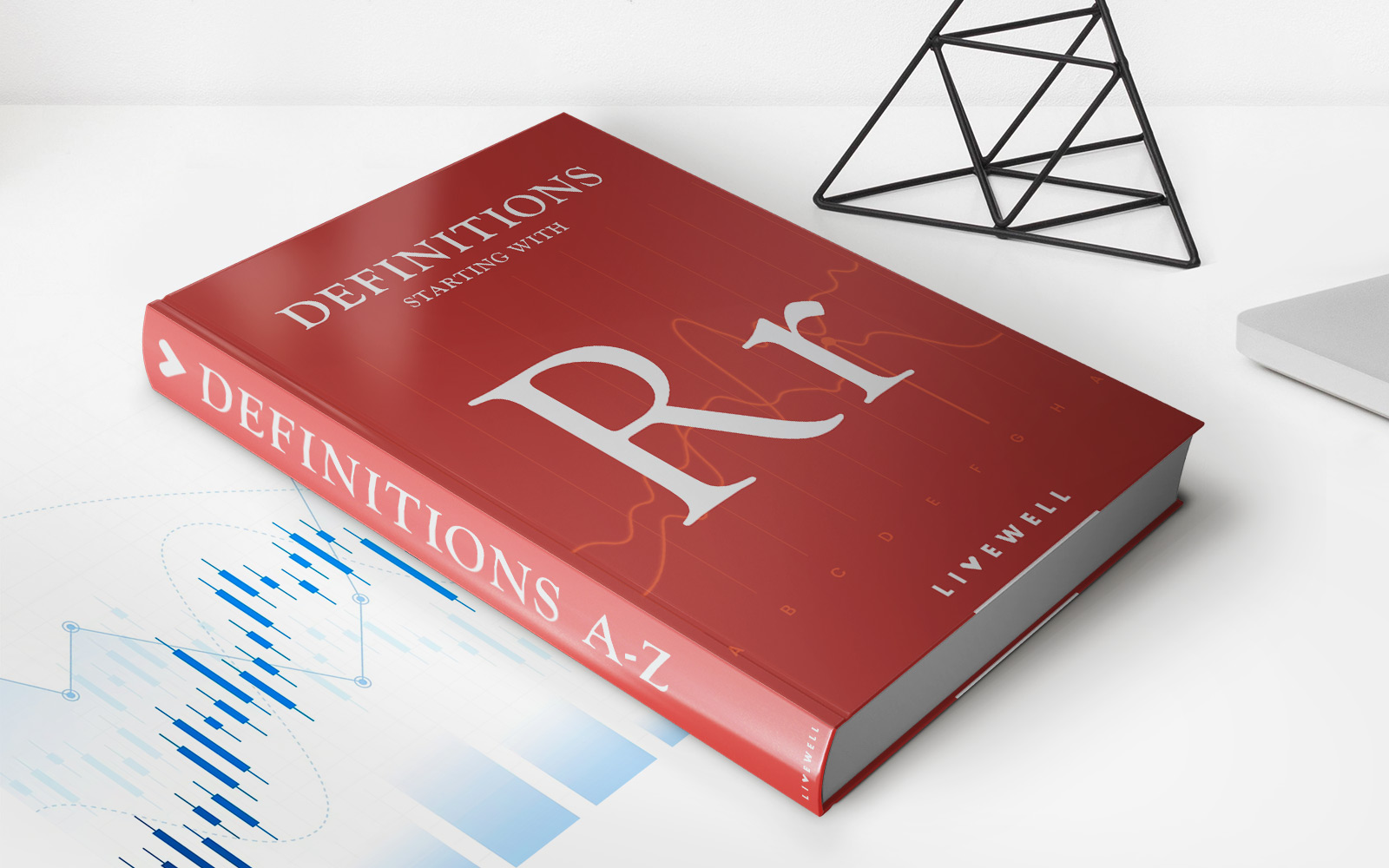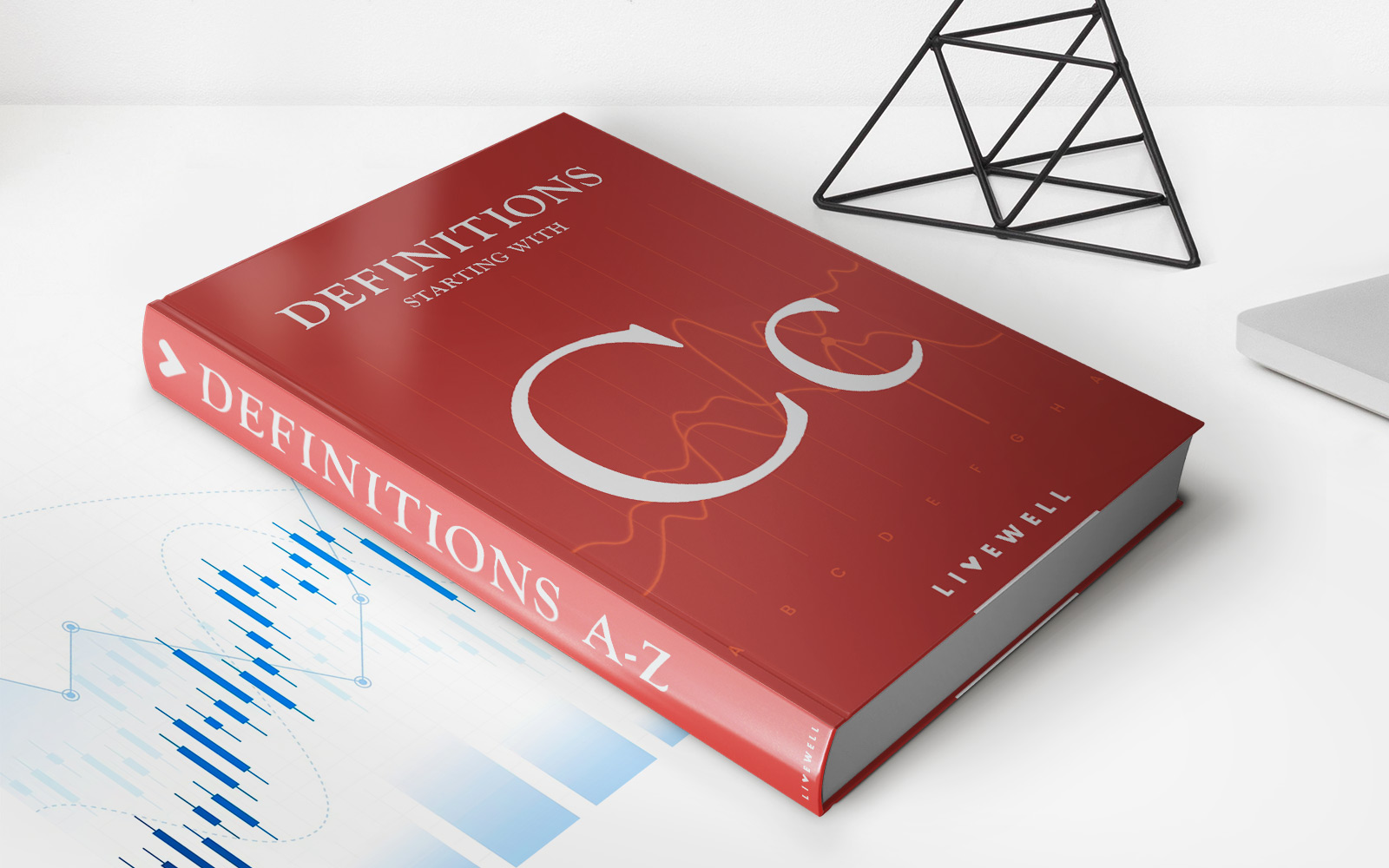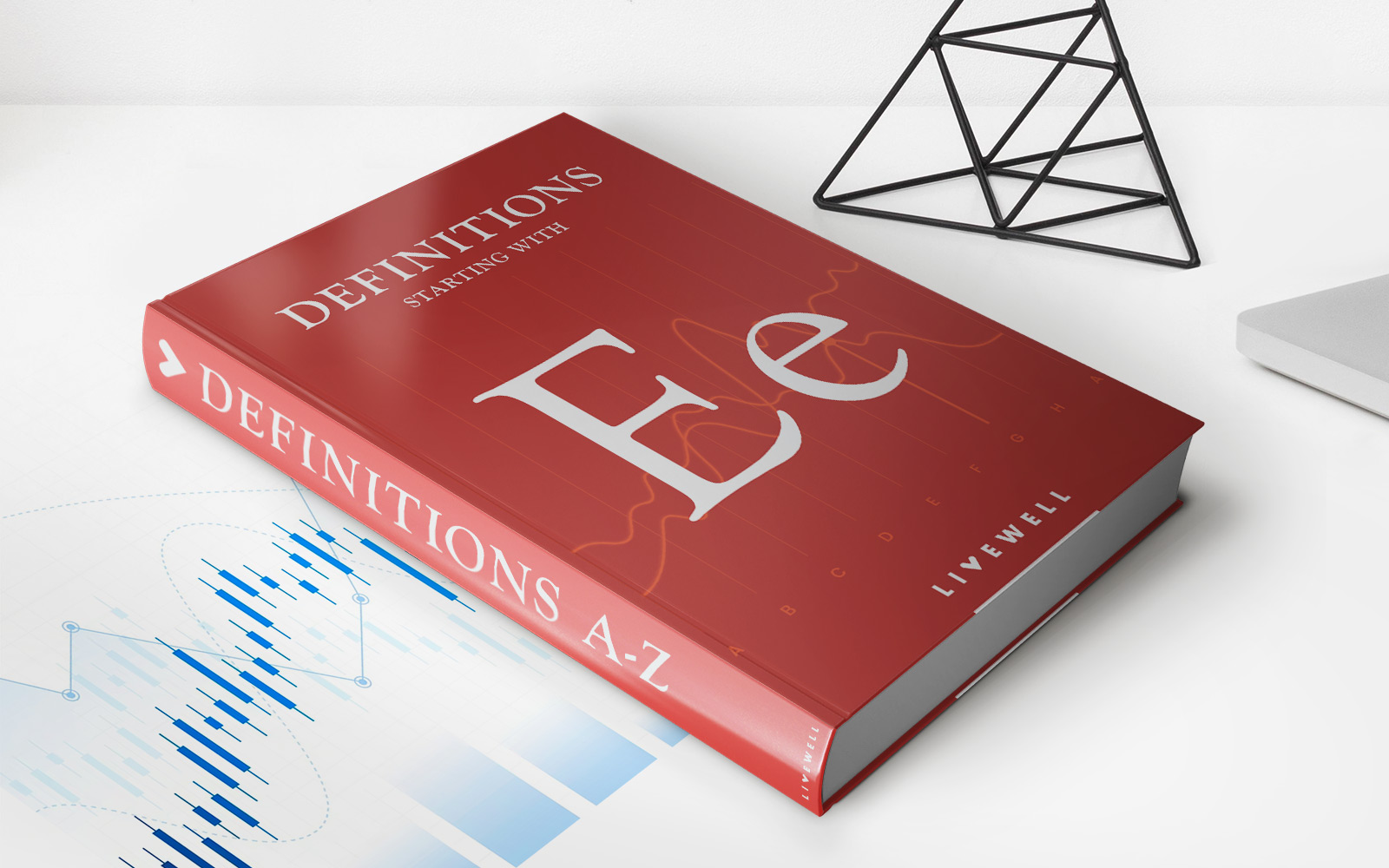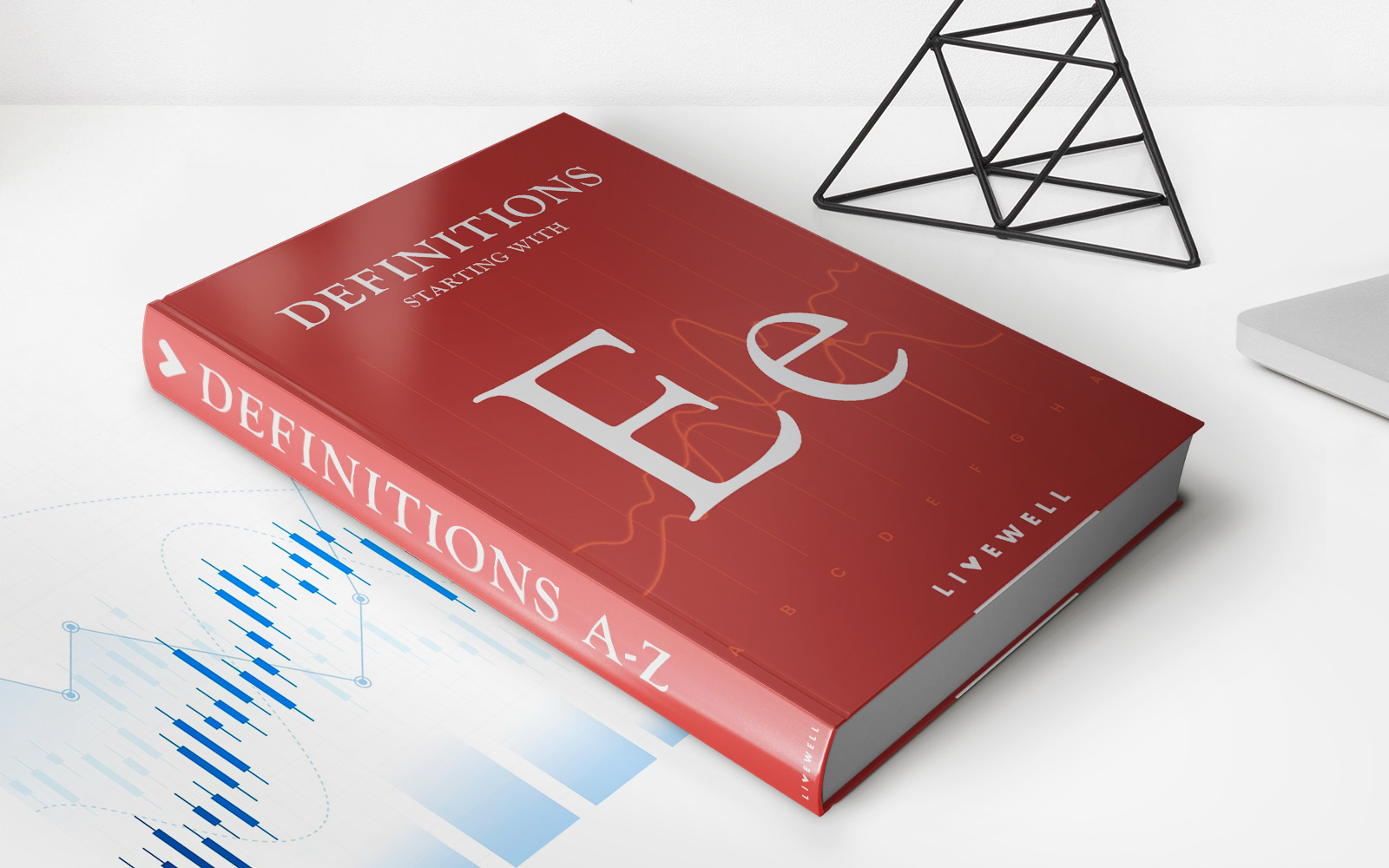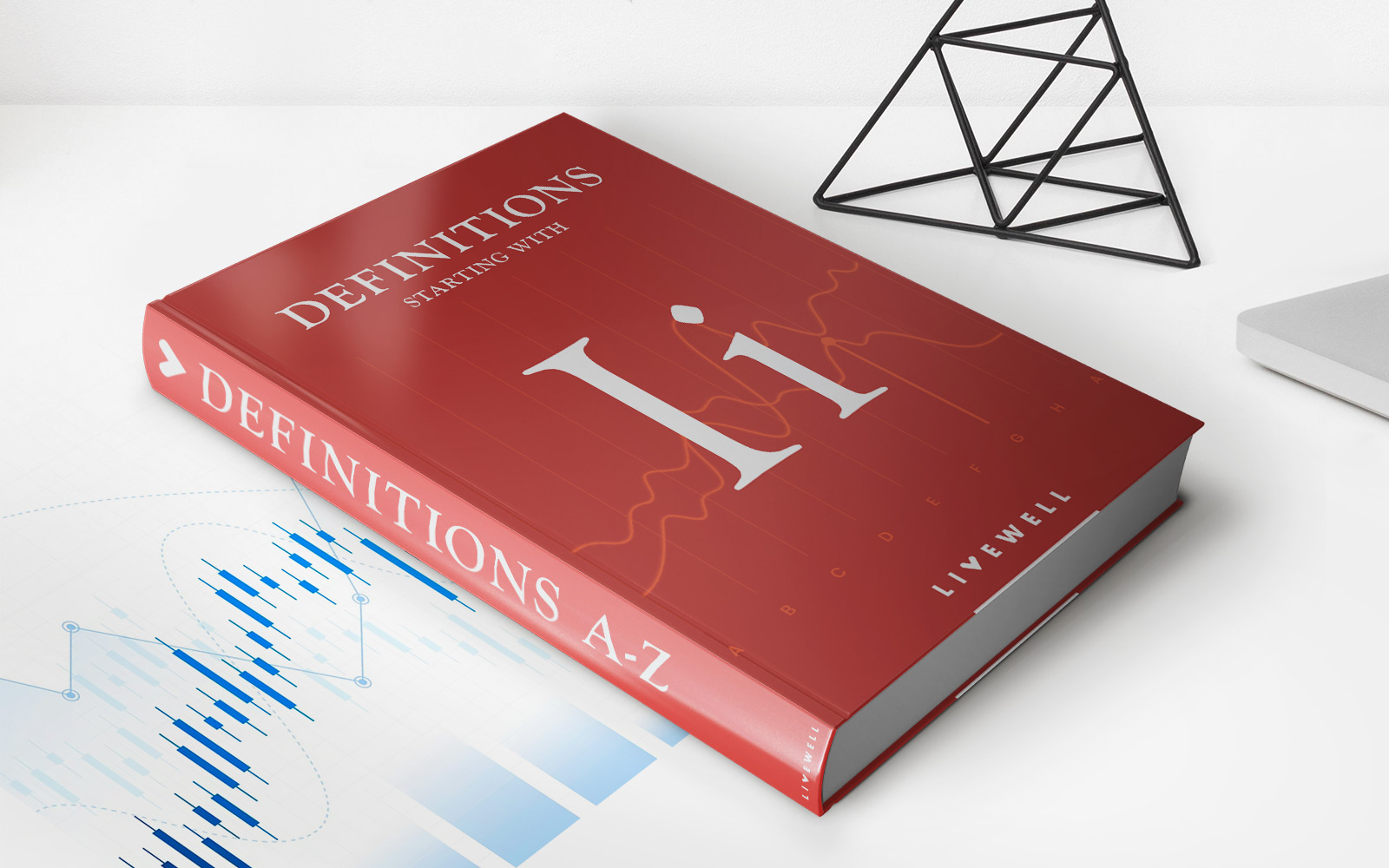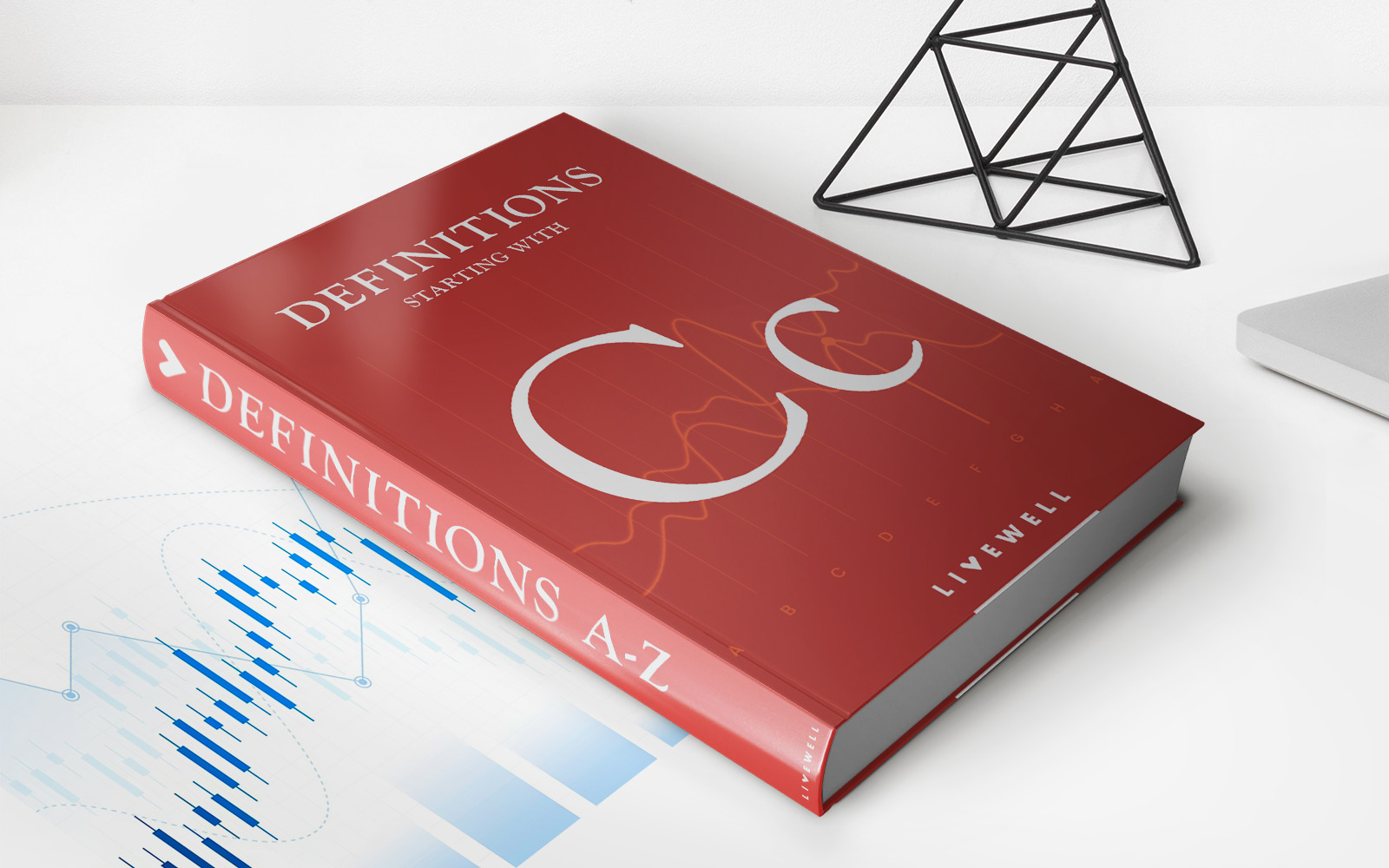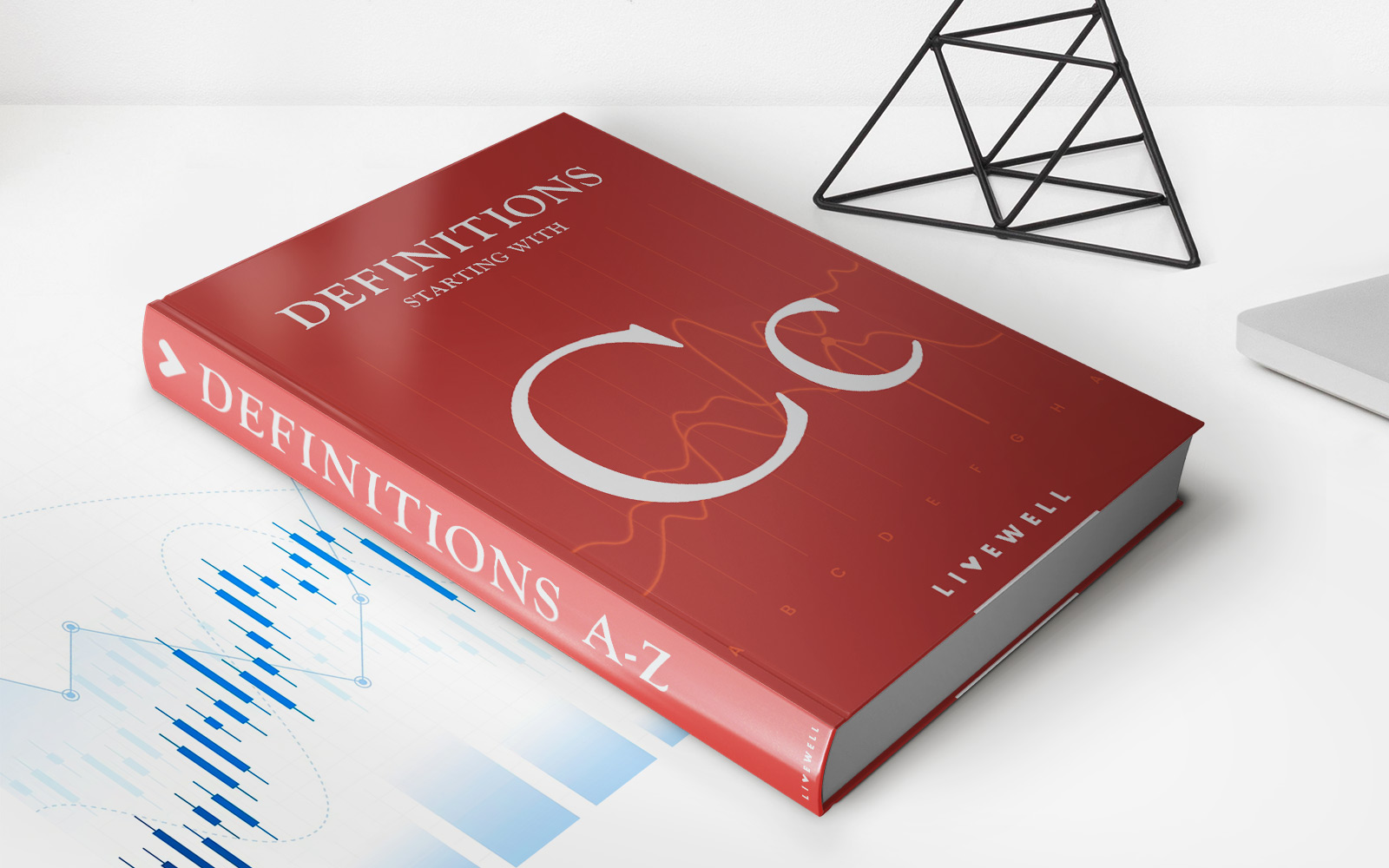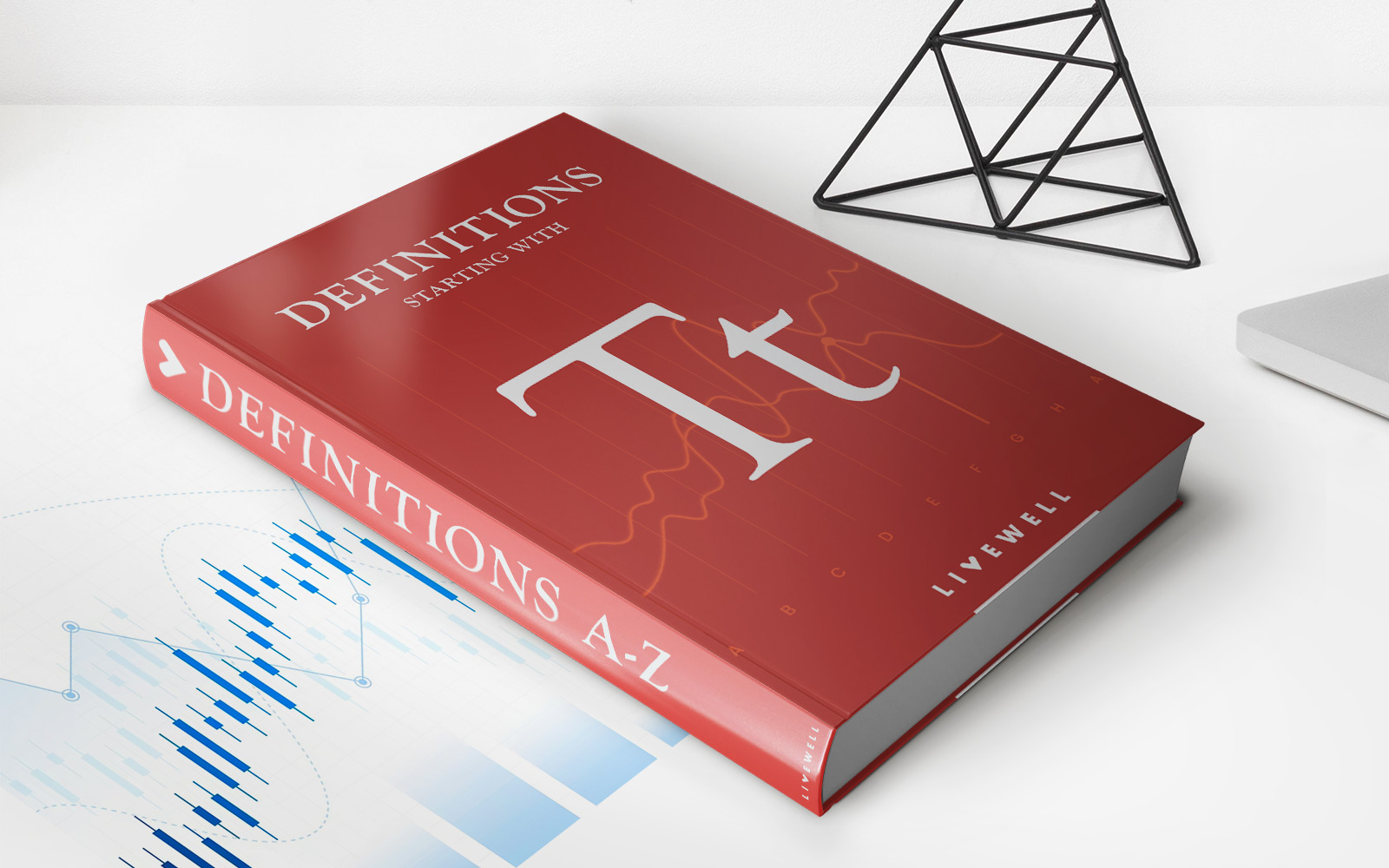

Finance
Tax Benefit: Definition, Types, IRS Rules
Published: February 6, 2024
Learn about tax benefits in finance including the definition, types, and IRS rules. Maximize your deductions and optimize your financial strategies.
(Many of the links in this article redirect to a specific reviewed product. Your purchase of these products through affiliate links helps to generate commission for LiveWell, at no extra cost. Learn more)
Maximize Your Tax Savings: Understanding Tax Benefits
Welcome to our FINANCE category, where we delve into the world of taxes, investments, and personal finance management. In this blog post, we’ll be exploring the fascinating topic of tax benefits. Understanding tax benefits is crucial for individuals and businesses alike, as they can help you save money and make the most out of your finances. So, let’s dive in and learn everything you need to know about tax benefits!
Key Takeaways:
- Tax benefits can help individuals and businesses save money on their tax payments.
- There are various types of tax benefits, such as deductions, credits, and exemptions, each with its specific eligibility criteria and rules.
What are Tax Benefits?
Tax benefits, as the name suggests, are advantages provided by the government to taxpayers that help reduce their overall tax liability. By utilizing tax benefits, individuals and businesses can legally lower the amount of taxes they owe to the government, thereby maximizing their savings.
As a taxpayer, it’s essential to understand and take advantage of available tax benefits. By doing so, you can optimize your financial situation, keep more of your money, and achieve your long-term financial goals.
But what exactly are these tax benefits, and how do they work?
Types of Tax Benefits
Tax benefits come in various forms, each with its own set of rules and regulations. Here are some of the most common types of tax benefits:
- Deductions: Deductions reduce the amount of your taxable income. They work by subtracting eligible expenses from your total income before calculating your tax liability. Common deductions include mortgage interest, student loan interest, and medical expenses.
- Credits: Tax credits directly reduce the amount of tax you owe. Unlike deductions, which reduce your taxable income, tax credits provide a dollar-for-dollar reduction in your tax liability. Examples of tax credits include the Child Tax Credit, Earned Income Tax Credit, and Education Credits.
- Exemptions: Exemptions allow you to exclude a certain amount of income from taxation. You can claim exemptions for yourself, your spouse, and any dependents you have. However, it’s important to note that the Tax Cuts and Jobs Act has temporarily eliminated personal exemptions for tax years 2018 to 2025.
It’s crucial to familiarize yourself with the specific eligibility criteria and rules for each tax benefit to ensure you qualify and follow the proper procedures when claiming them.
Understanding IRS Rules for Tax Benefits
The Internal Revenue Service (IRS) is responsible for administering tax laws in the United States. They establish guidelines and regulations for claiming tax benefits. It’s important to stay up to date with the latest IRS rules to ensure compliance and to maximize your tax savings.
When it comes to tax benefits, the IRS has specific rules regarding eligibility, documentation requirements, and claiming procedures. Understanding and following these rules will help you avoid unnecessary penalties and ensure you receive the full benefit you’re entitled to.
If you have any doubts or need assistance with understanding IRS rules for tax benefits, seeking advice from a tax professional or certified public accountant can be immensely helpful. They can guide you through the complex world of taxes and provide expert advice tailored to your specific circumstances.
Conclusion
Tax benefits can be a powerful tool to help individuals and businesses save money on their tax payments. By understanding the types of tax benefits available and staying up to date with IRS rules, you can take full advantage of the available opportunities to maximize your tax savings.
Remember:
- Explore and understand the different types of tax benefits, such as deductions, credits, and exemptions.
- Stay updated with the latest IRS rules and guidelines to ensure compliance and avoid penalties.
If you’re unsure about anything related to tax benefits, consider consulting a tax professional or CPA who can provide expert guidance for your specific situation. Together, we can navigate the world of taxes and make the most out of our financial resources!

